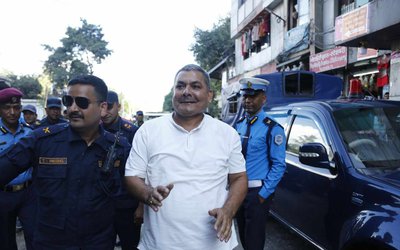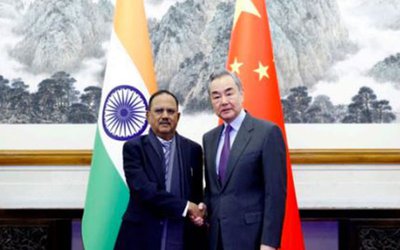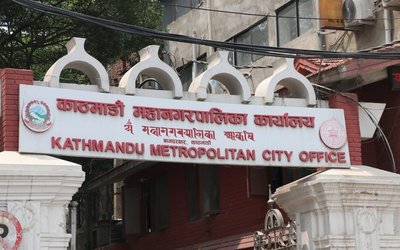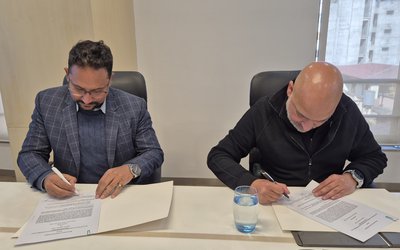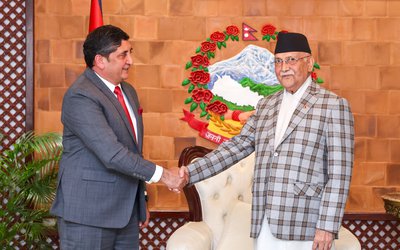There is no question that people in rural Nepal need to receive quality health care service within their own communities. By conducting relevant courses for rural health care teams and providing rural staff support district hospitals can be transformed to what they were meant to be. This has not happened for many reasons. One reason may be that there was not enough advocacy for these people in the hills as most health care benefits are concentrated in the big cities. By advocating policies and attitudes to promote health worker effectiveness the way forward is clear. All of these above points have been the focus of attention for a relatively new institution which last year celebrated five years of its existence. This philanthropic institution based in Nepal had a memorable beginning and it may be interesting here to see how this institution was established and how it has over the years influenced rural health care in Nepal.
When a friendly 22 year old Nick Simons( picture) arrived in Kathmandu in 2002, little did he know that by 2011 an institution named after him (Nick Simons Institute) would have a remarkable impact on rural Nepali health. For 9 months in 2002 Nick worked for an NGO in Kathmandu developing hydroelectric power. In March 2003 he returned home to New York and told his parents, Jim and Marilyn Simons, how he had grown to love Nepal; and he shared with them his dream to study medicine. Before starting his mandatory premedical course for medical college in the autumn of 2003, he decided to travel to Indonesia. Tragically Nick drowned while swimming in Bali.
Subsequently his parents travelled to Nepal and established the fully charitable NSI in 2006with Drs.Bhekh B. Thapa and Mark Zimmerman at the helm.NSI’s vision is for people in rural Nepal to receive quality health care services within their own communities. Partnering with other hospitals and organizations, NSI has helped train and support over a thousand health care workers, and the good news is that 90 % remain working in rural locations.
In addition NSI has realized the importance of working with government institutions so that the impact of the programme( for example, training skilled birth attendants) is more effective and widespread.Much-needed refresher courses for health workers in rural areas has met with a great deal of enthusiasm by the participants which is bound to influence patient care.
A formal anesthesia assistant course for non- doctor anesthetistdeveloped by NSI has been welcomed because in rural areas emergency surgery is often not conducted even in the presence of a surgeon because of lack of an anesthetist. Learning to administer anesthesia is a very “hands on”, technical procedure that can be competently taught in one year in a step wise manner. Many rural patients will doubtless benefit from theseskillful, nurse anesthetists.
Continued medical education for many doctors in Nepal consists of drug-company sponsored evenings where an expert gives a talk followed by dinner. For the first time in Nepal, NSI has created and disseminated Nepal’s continuing medical education course( Volume 1 and Volume 2) for doctors which is very relevant and popular.
NSI,by taking this untrodden path to better health in rural Nepal, has certainly enshrined the memory of Nick in Nepalis, especially those receiving competent care in their own communities in the hills.
- SWISS SUPPORT: Construction Of A Trekking Trail In Koshi
- Dec 19, 2024
- PM OLI'S VISIT TO CHINA: BRI Agreement
- Dec 16, 2024
- RASUWAGADHI AND SANJEN: Begin Generation
- Dec 03, 2024
- NEPAL, INDIA ELECTRICITY TRADE Nepal's Advantage
- Dec 02, 2024
- PM Oli'S VISIT TO CHINA: Nepal's Dilemma
- Dec 01, 2024



